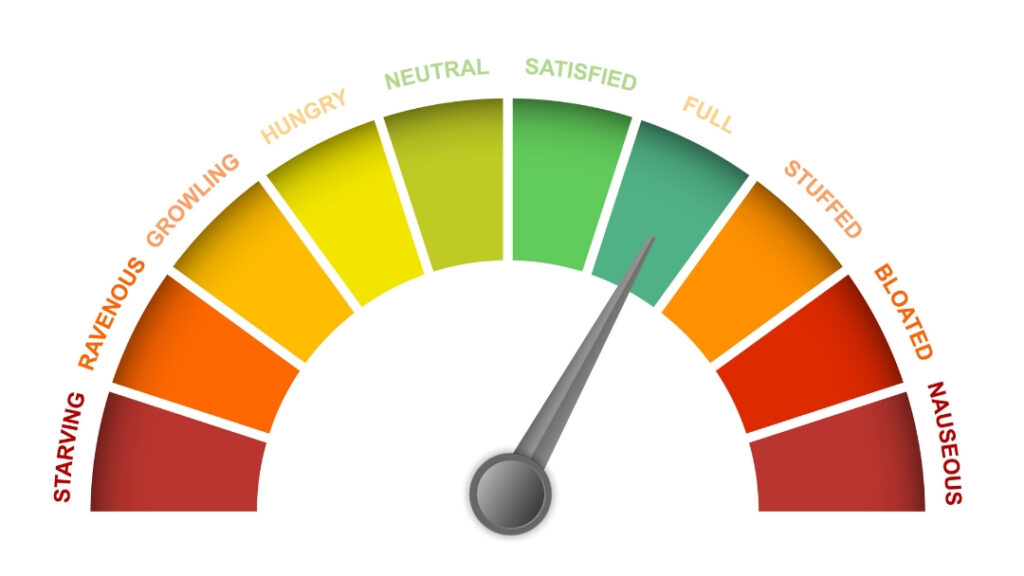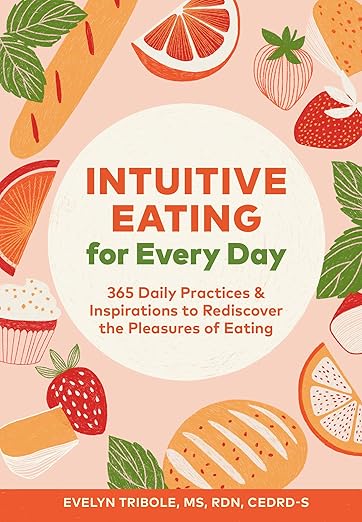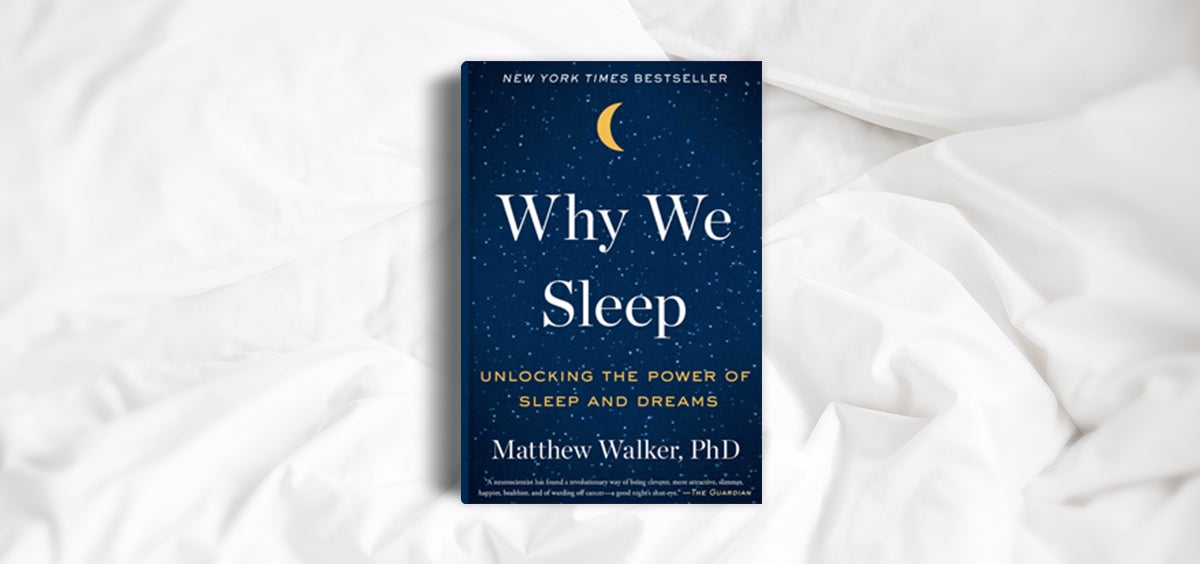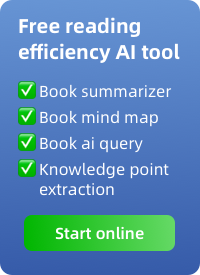Intuitive eating is a way of eating that focuses on listening to your body’s hunger and fullness signals, rather than following strict diets. Intuitive Eating for Everyday by Evelyn Tribole is a great resource to start your journey. This practice can be helpful to different groups, such as working professionals, students, and retired individuals. Although it may seem challenging at first, there are simple ways to begin.

For Working Professionals
If you have a busy job, it can be easy to ignore your hunger. Many people get caught up in meetings and forget to eat. However, by using tools like the Intuitive Eating Hunger Scale, you can become more aware of your hunger. Try to take short breaks to check in with your body. Are you feeling hungry or full? The Intuitive Eating Scale is another helpful resource to measure your progress over time.
Also, it is easy to eat for emotional reasons during stressful days. Instead of reaching for snacks out of habit, stop and ask yourself if you are truly hungry. If not, take a walk or talk to a coworker to relieve stress. Working with an intuitive eating coach can also provide support in managing these challenges.
For Students
For students, especially those in high school or college, intuitive eating can be a challenge because of the unpredictable schedule. Many students eat at odd hours due to classes or studying. One of the best books on intuitive eating suggests carrying healthy snacks to avoid eating too much when you are overly hungry later. By using the Intuitive Eating Workbook, you can track when you feel hungry and make sure you are not skipping meals.
Moreover, learning how to raise an intuitive eater starts at a young age. For student athletes, listening to hunger cues is especially important. Eating intuitively can prevent overeating and under-eating, which can affect performance.
For Retired Individuals
Retired people often have more time to focus on their health, but they may struggle with long-standing diet habits. It’s important for retirees to embrace the idea that no foods are off-limits, as described in the Intuitive Eating Workbook. Instead, focus on how different foods make you feel. A nutritionist specializing in intuitive eating can provide guidance on how to eat based on your body’s needs rather than following a diet. For retirees, using the Intuitive Eating Hunger Scale can help them reconnect with their natural hunger signals.
In comparison to mindful eating, intuitive eating goes beyond just being aware of food. It focuses on the body’s needs, hunger, and fullness. Retired individuals can benefit greatly from intuitive eating for life because it reduces stress related to food choices. Although weight loss is not the primary goal, it can happen naturally as you stop dieting. Some retirees may wonder, “How to lose weight with intuitive eating?” The key is to trust the process, listen to your body, and consult with a professional if needed.
Conclusion
In conclusion, starting intuitive eating is a journey. Whether you are a working professional, a student, or a retired person, intuitive eating offers many benefits. With the right resources like the Intuitive Eating Workbook and guidance from an intuitive eating nutritionist, anyone can learn to listen to their body and build a healthy relationship with food. Remember, it’s not about losing weight quickly but developing long-term habits.




